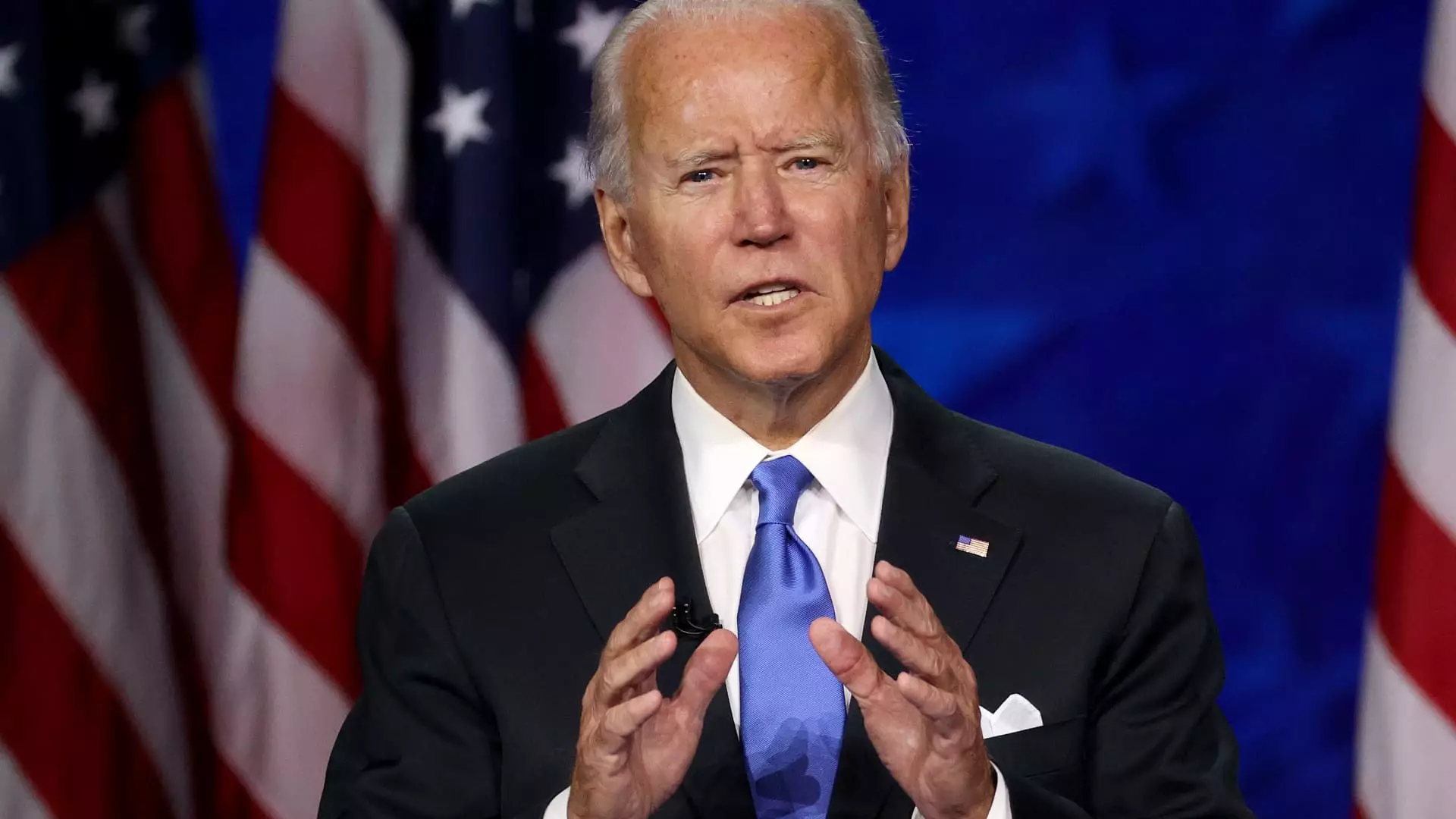The White House is set to unveil its plans to impose restrictions on certain U.S. investments in sensitive technology in China. The move comes as a response to concerns over China’s military modernization efforts and potential threats to U.S. national security. While the Biden administration has emphasized that these measures will be targeted and tailored, there is still a need to carefully consider the implications of such actions.
President Joe Biden is expected to issue an executive order this week, focusing on screening outbound investments in sensitive technologies to China. These technologies include semiconductors, quantum computing, and artificial intelligence, among others. By limiting U.S. capital and expertise in these areas, the White House aims to prevent the unintentional support of China’s military ambitions.
Understanding the Implications
While the intention behind the order is to safeguard U.S. national security interests, there are potential consequences that need to be evaluated. Any restriction on U.S. investments in China could have an impact on American workers and the economy as a whole. The delicate balance between national security concerns and economic growth needs to be carefully maintained.
National Security Adviser Jake Sullivan has emphasized that the measures being proposed are tailored and specific, contrary to claims made by Beijing. The goal is not to create a complete “technology blockade” but rather to prevent sensitive technologies from being used for military purposes. It is crucial to differentiate between legitimate civilian applications and potential military uses of these technologies.
The Role of Government Notification
Under the new order, it is expected that most investments in select sectors will require notification to the government. This will allow the U.S. government to have greater visibility into financial transactions between the two countries. Additionally, there will be specific transactions that will be outright prohibited. Striking the right balance between promoting transparency and ensuring national security interests is pivotal.
Artificial intelligence (AI) investments are likely to face significant scrutiny, particularly those with potential military applications. Investments catering to military users and uses are expected to be prohibited altogether, while other non-military applications may only require notification. However, the challenge lies in defining what constitutes a military application of AI, as well as establishing a clear definition of AI itself. Achieving consensus on these definitions will be essential for effective implementation.
President Biden’s executive order is expected to pave the way for a notice of proposed rule-making, facilitating public feedback and industry input before the measures are finalized. This approach ensures a comprehensive consideration of various perspectives and allows for potential adjustments based on the feedback received. It is crucial to strike the right balance between national security interests and economic considerations for the order to be effective and sustainable in the long run.
The White House’s plans to restrict U.S. investments in sensitive technology in China reflect the growing concerns over China’s military modernization efforts and the potential threats they pose to U.S. national security. However, it is essential to approach these measures with caution, considering the potential impact on the economy and American workers. Balancing national security interests with economic growth is paramount, and ongoing dialogue and feedback from industry stakeholders will be vital in shaping the final implementation of these restrictions.


Leave a Reply